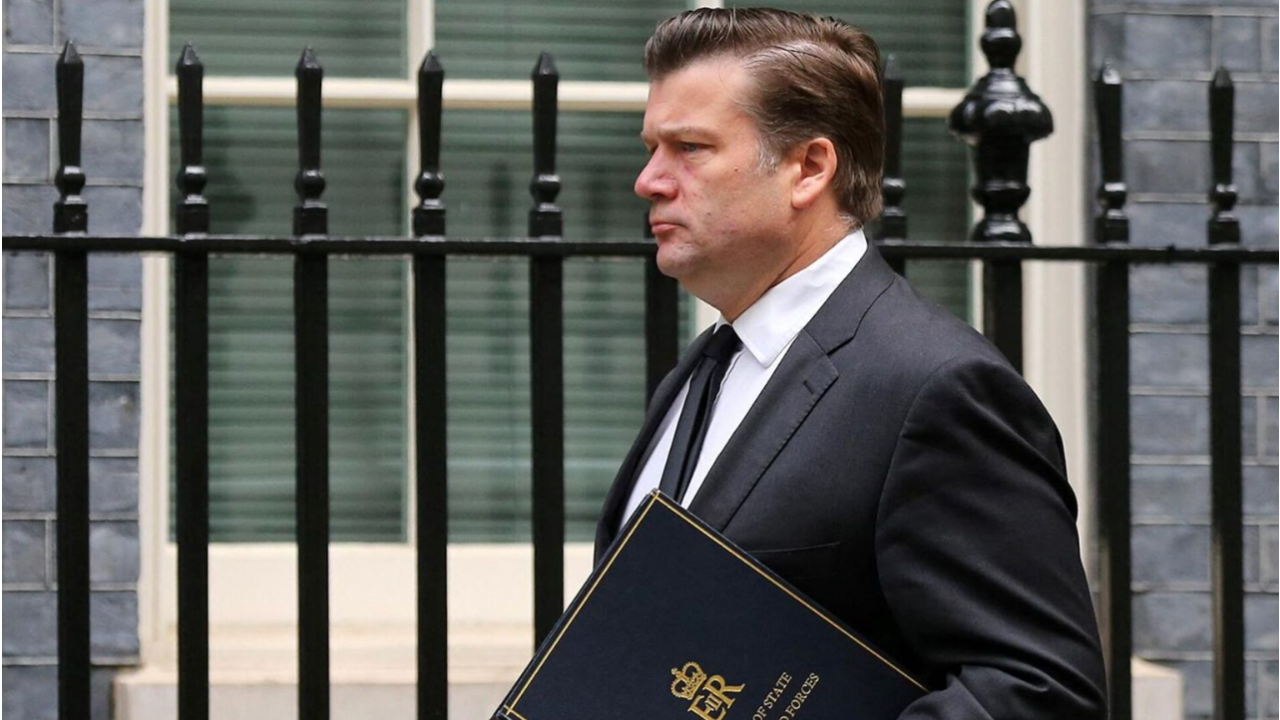
Publication
The Empire steps out of the shadows

ARVAK Center comment, 13.03.2024
On 10.03.2024 British Defense Minister James Heappey stated that his country is ready to support Armenia in its struggle against Russia. “The United Kingdom recognizes this decision (we are talking about Pashinyan’s words about the “freezing” of membership in the CSTO – ed.) as an exercise of Armenia’s sovereign right and will work with Euro-Atlantic allies to support Armenia in the face of Russia’s threatened retaliation”.
Perhaps, under different circumstances, J. Heappey’s pretentious statement could have been classified as rhetoric only, but the fact is that similar messages are delivered from other instances of the Kingdom, which indicates that a certain action plan of London towards Armenia exists. It should be recalled that on March 6, 2024, Mark McInnes, a member of the British House of Lords, delivered a speech during the foreign affairs hearings, calling on the British authorities to support Armenia in the anticipated struggle with Putin.
It is notable that both Deputy Minister Heappey and Lord McInnes emphasized that the main danger to Yerevan comes not from Ankara and Baku, but from Russia, which allegedly will carry out aggression against Armenia. That is why both statements were received ambiguously in the Armenian society and even in those circles that are generally critical of the Russia’s role in the affairs of the South Caucasus and particularly in the Armenian–Azerbaijani conflict. It is also puzzling that the British Deputy Defense Minister is trying to artificially grant an international legal relevance to N. Pashinyan’s statement about the “freezing of [Armenia’s] participation in the CSTO” in the case, while the Armenian Prime Minister himself later repeatedly stated that his words should not be interpreted as a political decision, but rather as a statement of the situation with the technical suspension of the RA’s activities within the CSTO.
In general, the activation of the British policy in the Armenian direction has alarmed the Armenian public and broad political circles. And there are certain reasons for this. London’s sudden support for Armenia raises great concerns considering London’s close relations with Baku and Ankara, the importance of British capital in the raw materials and banking sectors of the Azerbaijani and Turkish economies, the traditional pro-Turkish policy of the Kingdom in the region and finally, Britain’s role in reformatting Ukraine into the “Anti-Russia” project and the well-known events that followed. Meanwhile, the attitude towards the British initiative is in sharp contrast with the perception of similar steps taken by France, which has shown unprecedented activity on the Armenian track. French politicians, starting with the President himself, in recent meetings and statements to the media have repeatedly emphasized Moscow’s destructive role in the context of the latest events around Nagorno Karabakh and Armenia, but, at the same time, have unequivocally condemned Turkey and Azerbaijan for aggression, ethnic cleansing in Artsakh and the occupation of sovereign territories of the Republic of Armenia.
Lord McInnes in his speech also emphasized that France has become much more active in the process of political support for Armenia and even provides services in the defense sphere. The Lord noted that London will hardly keep pace with Paris in arming Yerevan but hinted that there were other support mechanisms. It remains to be seen what McInnes had in mind, but the “support” he mentioned for Armenia was definitely not in the context of the Armenian–Azerbaijani cause. It was again about the upcoming Armenian–Russian conflict, which, judging by some signals, some British politicians are dreaming of. And this is a very dangerous indicator.
